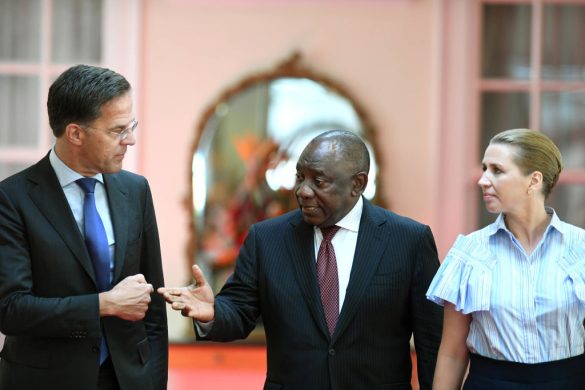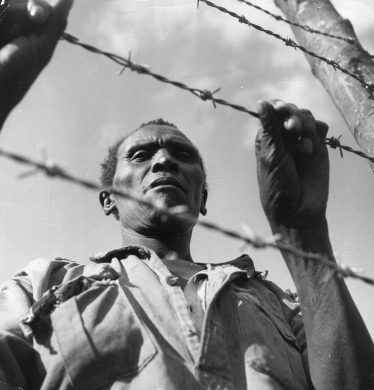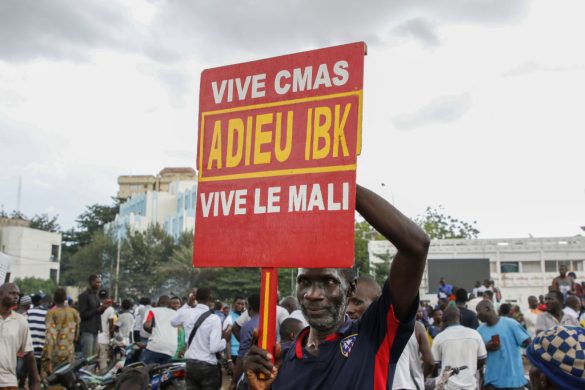GENEVA, 10 June, 2016 (IFRC): 31 million people in southern Africa are currently affected by the strongest El Nino event in 30 years. Expectations are that it could rise to 49 million. More help is urgently needed to ensure those most vulnerable get the support they need to prevent wide-spread starvation.
Across southern Africa, almost 80 per cent of the population depends on agriculture to survive. For the past three years, traditional agriculture has proven to be extremely challenging, as the region has experienced heavy dry spells, as well as flooding. This has caused crops to fail, food shortages, livestock deaths, and cholera outbreaks.
“Currently, 10 per cent of the entire regional population is food insecure,” says Michael Charles, acting regional representative for the International Federation of Red Cross and Red Crescent Societies (IFRC) in southern Africa. “For the past four years, people have had bad harvests. This has culminated in people not having enough to eat and this food insecurity crisis.”
In most of countries in the region, crops have dried out and people are not expecting any harvest. The number of affected people is expected to increase, as is the number of malnourished children, and dying livestock.
“In Namibia, this is a disaster in terms of food security at the household level,” says Bruce Siyambango, head of disaster management at the Namibia Red Cross Society. “If they don’t get any help, people here will face starvation.”
Drought = more than just food shortages
The effect of the drought is not only in food shortages. There is also the economical aspect of not having harvests to sell which results in children not being able to go to school, and young girls being forced into prostitution. There is also a lack of safe water. With little rain, people are forced to drink water from contaminated sources.
“When there is not enough rain, no new water is added to peoples’ water sources. The bacteria levels increase, and, as a result, we are now having a cholera outbreak in Malawi,” says Roster Kufandiko, assistant disaster manager at the Malawi Red Cross Society.
So far, dozens of people have died of cholera in Malawi this year. The number of detected cholera cases, which now stands at more than 1,300, continues to increase. “Safe water sources, health promotion, and access to food, are the most important things to avoid more people dying of cholera,” Kufandiko adds.
The International Federation of Red Cross and Red Crescent Societies (IFRC) has launched Emergency Appeals in Lesotho, Malawi, Mozambique, Namibia, and Zimbabwe. The Appeals are aimed at meeting the food security needs of the most vulnerable people across the five countries. Some of the Appeals, which total 12.1 million Swiss francs, are severely underfunded, which is unusual, Michael Charles from the IFRC admits.
“In Namibia, the Appeal has only been funded by 15 per cent. In Mozambique, it’s 13 per cent funded, while in Zimbabwe, the Appeal has reached 16 per cent funding. The only fully supported Appeal is in Lesotho,” Charles says.
The impact of global crises is being felt across the region
The reason for the lack of funding could be many, but Charles agrees it is a possibility that emergencies in other parts of the world such as the crisis in Syria, and the migrant crisis in Europe, are putting a strain on donors.
“The five Appeals we have launched aim to meet the needs of more than 94,000 of the most vulnerable people in the region of southern Africa. Right now we need more funding and resources to be able to do that.”















